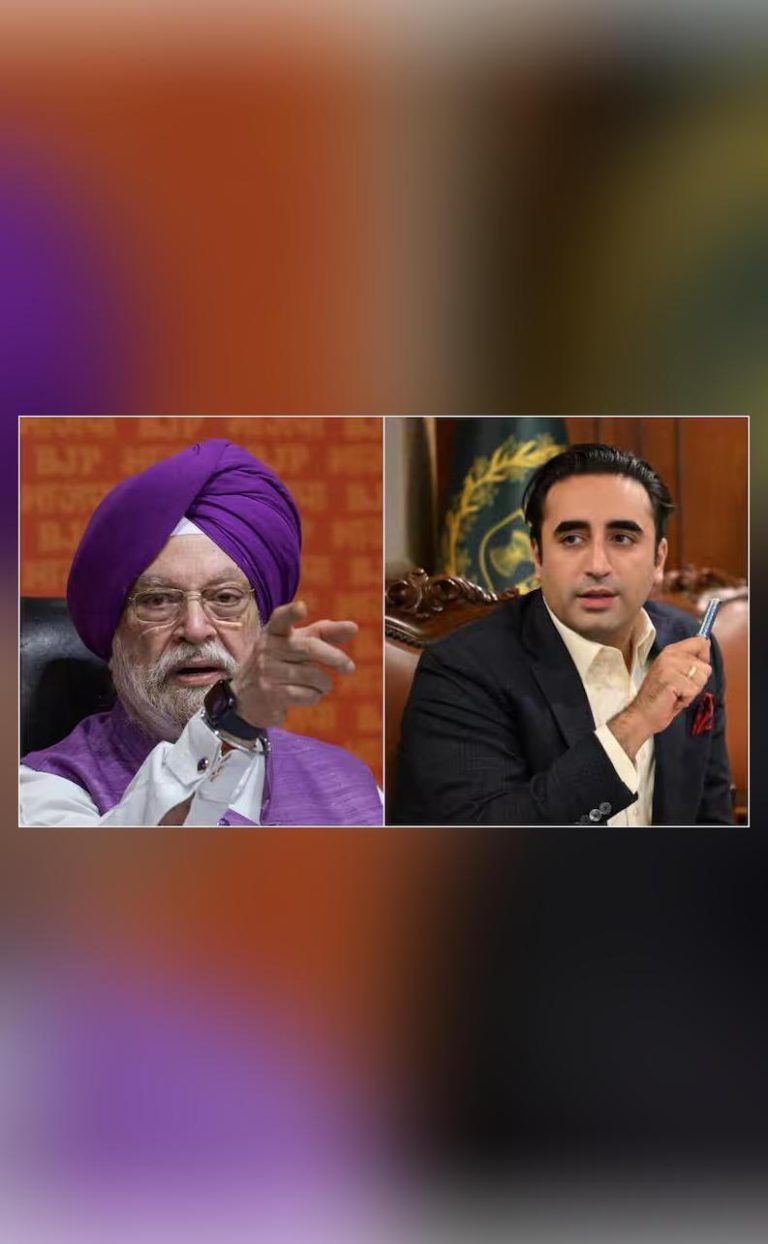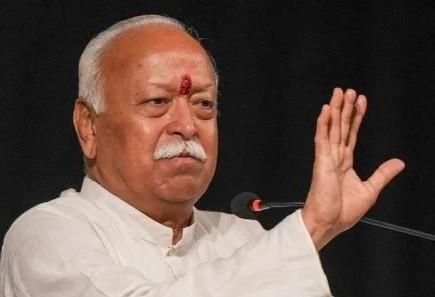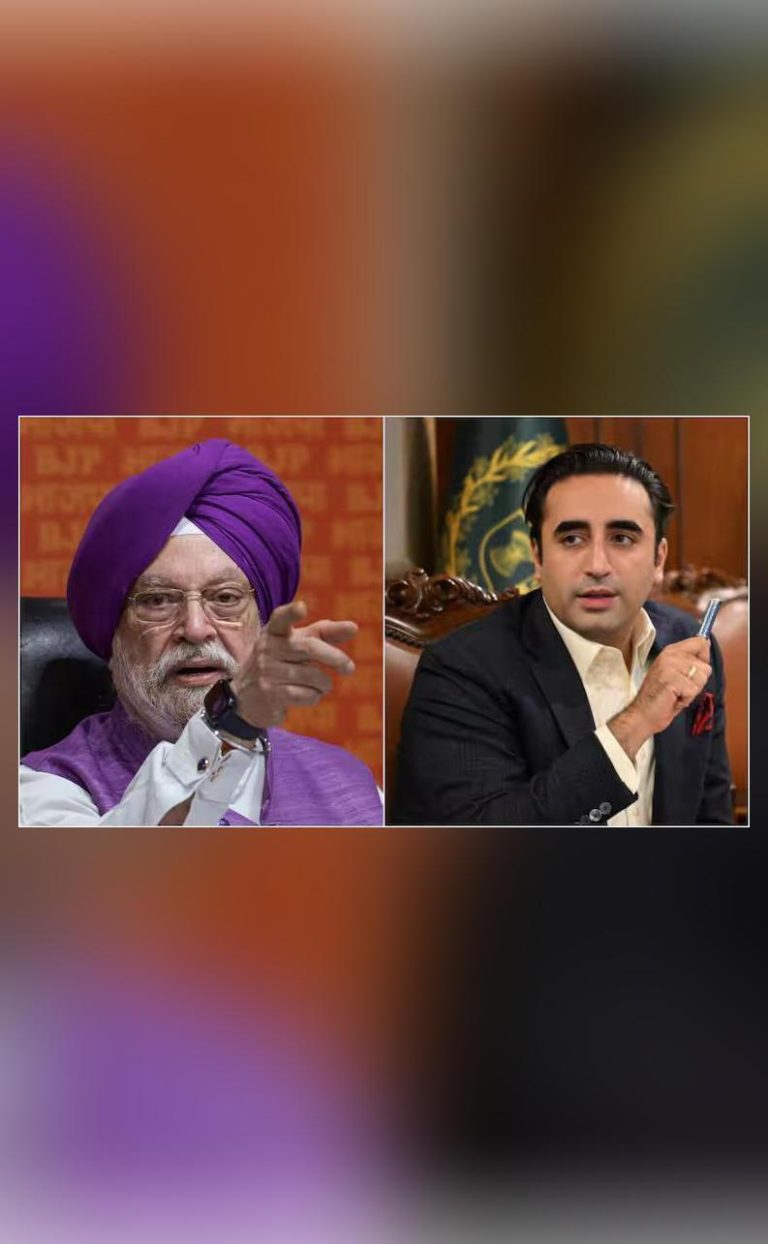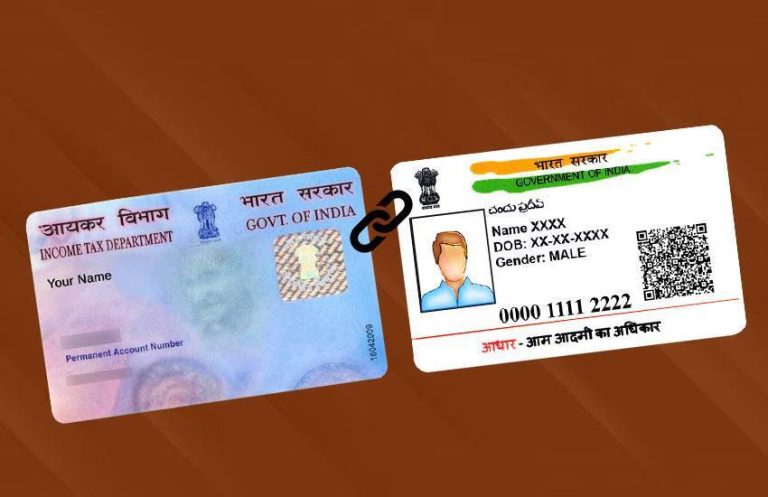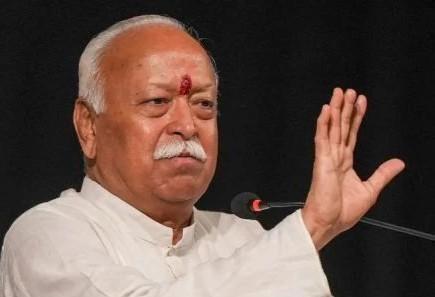
If someone turns to evil then we’ll teach lesson: Bhagwat on J&K attack
The recent terror attack in Pahalgam, Jammu and Kashmir, has sent shockwaves across the nation. In the wake of this dastardly act, RSS chief Mohan Bhagwat has made a significant statement that has left many thinking. In an address to the media, Bhagwat emphasized that non-violence is indeed India’s religion, but so is teaching a lesson to “oppressors and hooligans”.
This statement has sparked a debate among many, with some interpreting it as a justification for violence, while others see it as a necessary response to the growing menace of terrorism. In this blog post, we will delve into the context of Bhagwat’s statement and explore its implications.
The Context
The Pahalgam attack was a chilling reminder of the dangers of terrorism and the need for a strong response. The attack, which left several people injured and killed, was carried out by terrorists who are known for their brutality and disregard for human life. The attack was not only an attack on innocent civilians but also a challenge to the authority of the Indian state.
In the aftermath of the attack, Bhagwat’s statement was seen as a response to the growing frustration and anger among the people of Jammu and Kashmir. The region has been plagued by terrorism for decades, and the recent attack has only added to the sense of insecurity and fear among the people.
Non-Violence as a Religion
Bhagwat’s statement begins by emphasizing the importance of non-violence as a fundamental principle of Indian philosophy. He is correct in saying that non-violence is an integral part of Indian culture and tradition. Mahatma Gandhi, the father of the Indian independence movement, famously used non-violent resistance to challenge British rule in India.
However, Bhagwat’s statement also highlights the need for a strong response to terrorism. He argues that while non-violence is an important principle, it is not a panacea for all problems. In the face of evil, he suggests that a strong response is necessary to protect the innocent and uphold the rule of law.
Teaching a Lesson
The phrase “teaching a lesson” is often associated with punishment and retribution. However, in the context of Bhagwat’s statement, it is clear that he is not advocating for violence or punishment as an end in itself. Rather, he is suggesting that a strong response is necessary to deter terrorism and protect the people.
This approach is reminiscent of the ancient Indian concept of “danda”, which refers to the use of force or punishment to maintain order and discipline. In this context, teaching a lesson is not about punishing the perpetrators for their actions, but about creating a sense of deterrence and accountability.
The King’s Duty
Bhagwat’s statement also emphasizes the importance of the king’s duty to protect the people. This is a fundamental principle of governance, and it is the responsibility of the state to ensure the safety and security of its citizens.
In the context of Jammu and Kashmir, the state’s duty to protect its citizens is particularly important. The region has been plagued by terrorism for decades, and the state has a responsibility to ensure that its citizens are safe and secure.
Conclusion
Mohan Bhagwat’s statement on the J&K attack is a complex and nuanced one. On the one hand, he emphasizes the importance of non-violence as a fundamental principle of Indian philosophy. On the other hand, he suggests that a strong response is necessary to protect the innocent and uphold the rule of law.
While some may interpret his statement as a justification for violence, it is clear that Bhagwat is advocating for a measured and proportionate response to the growing menace of terrorism. As a nation, we must strive to balance our commitment to non-violence with our duty to protect our citizens and uphold the rule of law.
Source:
